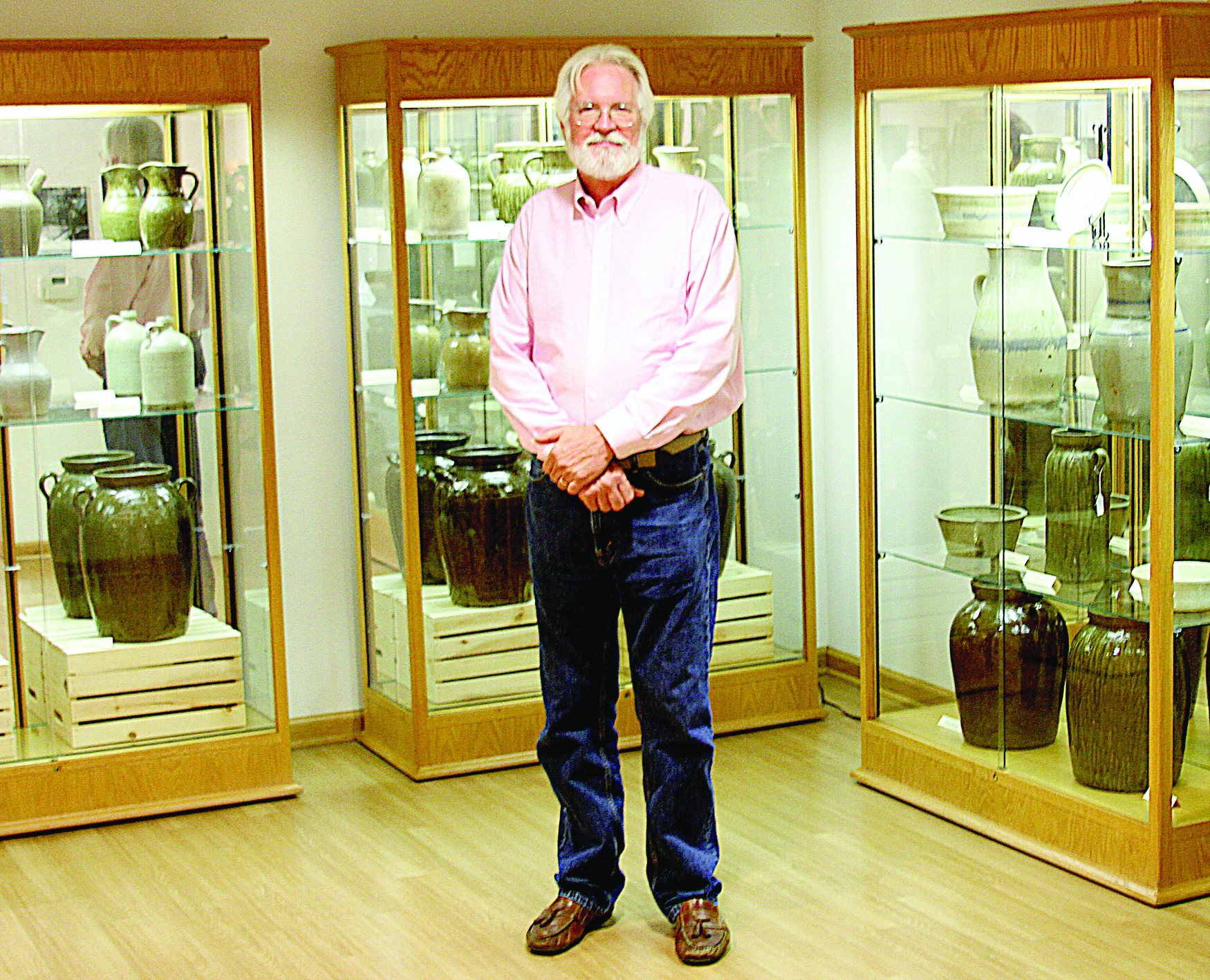Forestry patriarch passes
Published 8:00 am Tuesday, February 12, 2013

- Harley Langdale, Jr. is shown with his wife, Eileen, in 2004 at his 90th birthday celebration. Eileen passed away in 2010 and Harley died Sunday at the age of 98.
Harley Langdale Jr. entered this world on Sept. 8, 1914 and peacefully departed it on Sunday, Feb. 11, 2013. At 98 years of age, “Mr. Harley” was the oldest living registered forester in the country, leaving behind a legacy unequaled in generosity, faith and humbleness.
Trending
If you asked him how much land the Langdale Company owned, he would smile and say, “A lot.” If you asked him if he was rich, he would say, “Absolutely not.” And if you asked what his secret to business was, he answered, “Hard work.”
These answers were given to this reporter during more than a dozen or so interviews with Mr. Harley over the last 10 years. Never one to brag on himself, he always deflected any praise to his employees and merely considered himself to be a man who had worked hard all of his life. He despised showiness or any outward signs of wealth, preferring to live in the same small, brick, ranch-style house he and his late wife, Eileen, had shared for much of their 67 years of marriage. Eileen passed away in 2010 and Mr. Harley’s health began declining soon after.
Born as the eldest child to Judge Harley and Thalia Lee, the Langdale family was already firmly entrenched in forestry and farming decades before his arrival. As the eldest son, the responsibilities for the company fell on his shoulders, and although he had a difficult time deciding on his future course, transferring from the Citadel to the University of Georgia School of Forestry in the mid-1930s would change his future and that of many others.
At the time, forestry was a fledgling profession, and by the time Georgia began a forester registry in the 1950s, Mr. Harley was one of the first and only foresters in the state, receiving the number “3.” Although thousands have since followed, he was proud of that number and of being a pioneer in so many aspects of forestry.
It was Mr. Harley’s vision that took the company from a primary concentration on logging, the sawmill operation and turpentine production into other, diversified areas. He was one of the pioneers of the concept of “tree farming,” insisting that pine trees should be treated as a crop, to be cultivated for about 16 to 18 years and then harvested, with a new crop planted in their place.
In the 1990s, the Langdale Company planted its one billionth seedling, a feat which made him comment modestly that he was looking forward to the next one billion.
Trending
One of the many quotes he gave through the years is repeated as family lore, and yet he was quite serious about it. Mr. Harley said the company had figured out how to use every part of a tree, from the bark to the wood to the sap, and even the sawdust left over. He would say they used “every part of the tree but the smell, and if I could figure out a way to bottle and sell that, I would.”
Rising every day and coming to work before the sun, “sometimes as late as 5 a.m.,” he commented at his 90th birthday party, Mr. Harley’s work ethic extended to every day of the week except for Sunday, which he held sacred as a day for prayer. He was a lifelong member and staunch supporter of the First Baptist Church in Valdosta, and remarked once that when he wanted to get closer to God, he would take a walk in one of the many forested areas surrounding his house, seeing the Creator in his creations.
Mr. Harley lived in an austere manner, eschewing personal luxury for the ability to help others. Following the guidance of his father, all profits went back into the company. Employing hundreds and creating a foundation to benefit thousands were the legacies he wanted to leave.
Mr. Harley turned the company over to his nephew, Johnny Langdale, in the early 1990s, stepping back to serve in the role of advisor much as his own father had done for him. In recent years, Johnny has done much the same with his son, Wesley, ensuring that the Langdale Company continues through another generation.
Mr. Harley and Eileen did not have children of their own, but provided careers for many members of the Langdale family.
Mr. Harley’s brother, John Wesley, died of complications from Lou Gehrig’s disease in 1998. He worked for the company for most of his life as a legal advisor but also found time to serve in the Legislature, as chairman of the Board of Regents, as a Rotary District Governor, and a Valdosta State University trustee.
Mr. Harley’s younger brother, Billy, had little interest in the business, preferring instead to be a politician, and Mr. Harley supported Billy following his distinguished military service in World War II through years of service as a county commission chairman and representative to the Department of Transportation board. Billy passed away in 2009 at the age of 88.
Today, the Langdale Company remains one of the largest employers in the region, with the primary sawmill and timber operations in Valdosta, the OSB plant in Brooks County, and the MDF and Moulding plants in Atkinson County. In addition, during the last 20 years, the company has diversified extensively with Langdale Ford, Langdale Chevrolet, Commercial Banking Company, Langdale Fish Farm, and the Kinderlou Forest Golf Course and Residential development.
In addition, the Langdale Foundation has donated money to South Georgia Medical Center for the Langdale Hospice House and Langdale Place, to the Deloris Parrish Children’s Advocacy Center, to Valdosta State University for the Harley Langdale Jr. College of Business, and to numerous other charitable entities, including the Boys and Girls Club.
Funeral arrangements are being handled by Carson McLane Funeral Home and a viewing and service will be held at First Baptist Church on Thursday.
Statement by University of Georgia President Michael F. Adams
On the passing of Mr. Harley Langdale, Jr., of Valdosta
“Valdosta and South Georgia have lost one of its greatest citizens. Mr. Langdale was a dear personal friend and a great friend of the University of Georgia. He was a person of great business acumen and success, but even moreso was a person of great integrity and admired by all who knew him. His passing is in many ways the end of an era and is a great loss to the University of Georgia.”
Statement by Retired UGA Provost Arnett C. Mace, Jr., who previously served as dean of the UGA Warnell School of Forestry and Natural Resources
“Mr. Langdale was a 1937 graduate of the Warnell School of Forestry and Natural Resources, and became a pioneer in the development of the forest products industry in the state of Georgia and throughout the South. He was a person who gave back to his community and to the people of the state of Georgia. Mr. Langdale was a man of vision, integrity and was respectful of all people with whom he was associated. The state, and indeed the world, has lost a truly remarkable person who provided great vision and leadership in the development not only of his industry but of the many larger communities of which he was a part.”
Statement by Dean Michael Clutter of the Warnell School of Forestry and Natural Resources
“We have lost a legendary figure in the development of the forest resources industry in Georgia. Mr. Langdale was a strong proponent of healthy forests, which contributed to a very important industry in our state. We will greatly miss him.”





